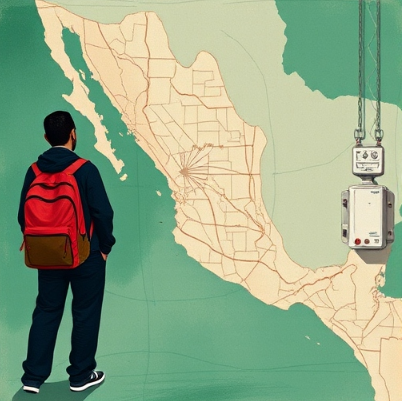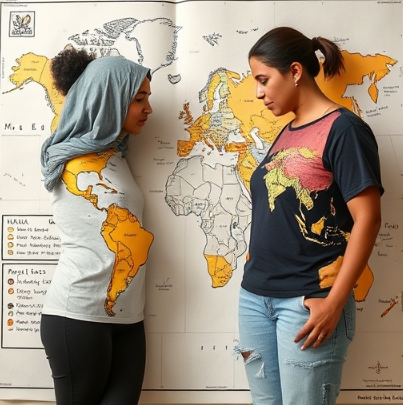Current Research Projects
Dr. Fernández-Sánchez’s research portfolio reflects his dedication to advancing health equity and social justice for migrant populations through participatory methods and community-driven solutions.
Challenges in Transit Migration: Ethnographic Insights into Human Trafficking, Violence, and HIV
This funded study examines the experiences of Spanish-speaking migrants transiting through Mexico, focusing on the intersections of human trafficking, violence, and HIV vulnerability. Using critical ethnography, the research aims to uncover systemic barriers and inform culturally responsive interventions.

Body Mapping Study
Seeking funding, this participatory research initiative engages Spanish-speaking newcomer migrants in Houston to visually represent their migration journeys and health experiences. The study serves as a research tool and a platform for empowerment, advocacy, and knowledge sharing.

MY-RIDE+ Cultural Adaptation Study
Currently in the process of securing funding, this project aims to adapt the MY-RIDE+ mobile app culturally and linguistically for migrant youth to address HIV and substance use prevention. The study employs a community-based approach to ensure the app’s effectiveness and relevance.

Conversation Café Series
Also seeking funding, this initiative fosters facilitated discussions with Spanish-speaking migrants to explore their health needs, migration challenges, and HIV prevention strategies. These forums create safe spaces for community dialogue and collaboration while generating critical insights.

Human Trafficking Scoping Review
This study explores the connections between international migration and human trafficking to better understand the factors that make people vulnerable to exploitation. By reviewing existing research and interviewing experts and service providers, the study aims to uncover key patterns and insights. Using a method called a "scoping review," we will map the current knowledge on this topic. We will also use interviews to gather firsthand perspectives, focusing on how overlapping social factors like gender, ethnicity, and economic status contribute to vulnerability.



